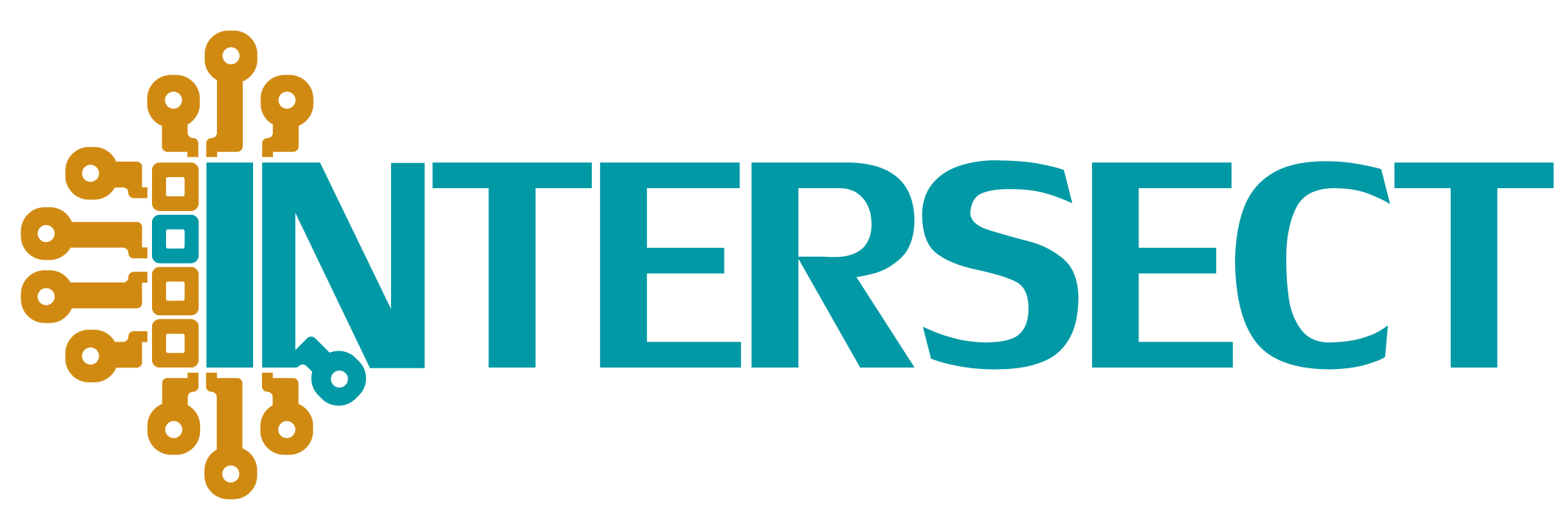18 Mar Tutorial on writing reproducible workflows for computational materials science
AiiDA tutorial on writing reproducible workflows for computational materials science (online materials)
Tutorial materials: https://aiida-tutorials.readthedocs.io/en/latest/
Videos: https://www.youtube.com/playlist?list=PL19kfLn4sO_-QtPaHAA8KByFluT2vvlG
Website: www.aiida.net
Coordinates
When May 21st, 2019 (9:00) until May 24th, 2019 (13:00)
Where EPFL, Lausanne, Switzerland
Registration Registration link
(closed March 24th, 2019 for people asking financial support; a few spots are still open so you can still register until April 14th; acceptance subject to place availability) )

About
This 3.5-day tutorial is designed to get Master students, PhD students and Postdocs from the field of computational materials science started with writing reproducible workflows. Participants will be introduced to the state of the art in workflow management and high-throughput computations by experts in the field, and gain in-depth hands-on experience using a tool that they can directly apply to their own research.
Our tool of choice is the AiiDA framework for workflow management and provenance tracking, which is backed by a significant community of users and developers, and has interfaces to more than 20 materials science codes (see plugin registry), including to the ab initio codes Quantum ESPRESSO, VASP, cp2k, Castep, Siesta, Fleur, Crystal, NWChem, Wannier90, and Yambo. AiiDA’s permissive open source license (MIT) enables participants to use it both in academic and commercial settings. By virtue of its general design and flexible plugin system, AiiDA is easily extended to new codes and new use cases.
- The first day will serve as an introduction to AiiDA for novices, and is designed to be skipped by participants with previous AiiDA experience (as determined by an online questionnaire during registration).
In order to avoid losing time on installation issues, participants will have the option to connect to virtual machines preconfigured with AiiDA (or to come with AiiDA already installed on their laptop). - The remaining 2.5 days will include the highlight talks by the invited speakers as well as in-depth tutorials on writing AiiDA workflows, given by the organizers and six core developers of AiiDA. An online questionnaire will determine the ab initio codes used by participants, and we aim to cover 3 popular codes with explicit examples.
On the third day, participants will have the choice to either explore advanced aspects of workflow management or to focus on designing a new AiiDA plugin. - Discussion sessions, as well as a poster session and an open-mic session are scheduled to foster interaction between the participants, to discuss and answer questions.
While this tutorial is deliberately open to computational materials scientists at many levels, we do require the following for participation:
- familiarity with a Unix operating system and the bash shell (or equivalent)
- familiarity with python
- familiarity with a job scheduler (e.g. slurm, torque, sge, …)
- full participation for (at least) the last 2.5 days
Speakers & organisers
The following invited speakers will illustrate the use workflows in their research using a recent example, highlighting both the challenges encountered and possible solutions.
- Stefaan Cottenier (UGent, BE)
- Marco Govoni (ANL, US)
- Fawzi Mohamed (FHI, GE)
- Guido Petretto (UC Louvain, BE)
Tutorial lectures and assistance during hands-on session will be provided by a team of core AiiDA developers and active plugin developers:
- Espen Flage-Larsen (SINTEF, No)
- Andrea Ferretti (CNR, Istituto Nanoscienze, IT)
- Alberto Garcia (ICMAB-CSIC, ES)
- Sebastiaan Huber (EPFL, CH)
- Leopold Talirz (EPFL, CH)
- Giovanni Pizzi (EPFL, CH)
- Spyros Zoupanos (EPFL, CH)
- Aliaksandr Yakutovich (EPFL, CH)
- Snehal Kumbhar (EPFL, CH)
The tutorial is organised by Leopold Talirz (EPFL, CH), Sebastiaan Huber (EPFL, CH), Espen Flage-Larsen (SINTEF, NO), Alberto García (ICMAB, ES) and Andrea Ferretti (CNR, IT) who bring expertise in a diverse set of ab initio codes and their applications in different work environments (universities, research institutes and companies).
For generic information concerning the tutorial, contact aiida.workflows2019@gmail.com .
More info



Sorry, the comment form is closed at this time.